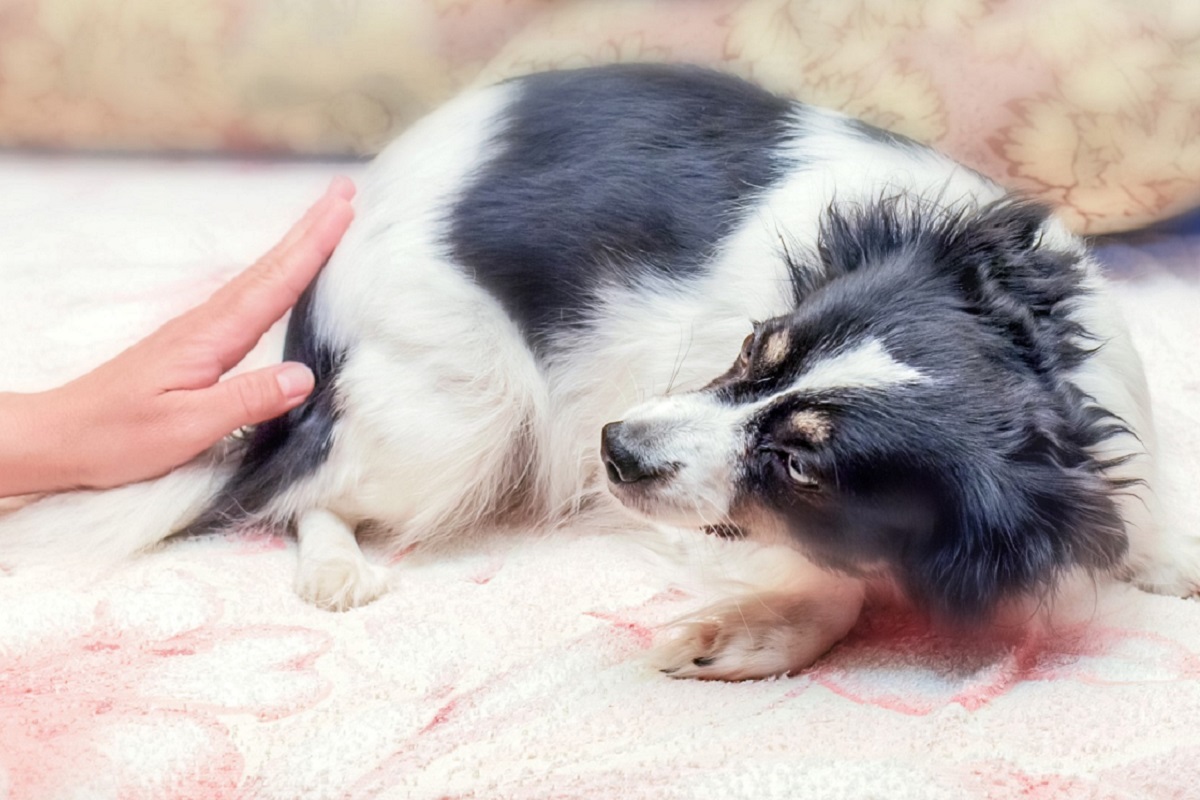Australian leaders in pet dog training Association of Pet Dog Trainers Australia (APDT) and Pet Professional Guild Australia (PPGA) have joined paws to encourage the use of humane, positive reinforcement methods to help dogs displaying problematic behaviour.
This comes ahead of an international social media celebrity’s dog training seminar coming to Australia teaching controversial methods to train dogs. Augusto Deoliveira – known as ‘The Dog Daddy’ on social media – demonstrates in his videos aversive training techniques and equipment designed to cause pain and fear in dogs.
These include hanging a dog from a slip lead, delivering physical corrections repeatedly using a prong collar, physically forcing a dog to lie down or sit, and provoking aggression. His videos clearly show dogs displaying fearful behaviours and extremely high levels of stress, a failure to correctly read and respond to the dog’s body language and communication, all of which severely compromises the welfare of each individual dog.
The Dog Daddy’s methods have led to international petitions calling authorities to stop the events from taking place in their country, including Australia (planned for Sept 30).
Like stated by RSPCA UK and the American College of Veterinary Behaviorists, the APDT and PPGA are also concerned the workshops will spread training techniques which risk compromising dog welfare, not to mention put handlers and the general public at significant risk of being bitten.
The APDT and PPGA are opposed to the use of aversive equipment such as (but not limited to) electric shock collars, citronella collars and prong collars (also known as a pinch or constriction collar) because their use can lead to injury, pain and suffering in the dog. Prong collars are illegal to import into Australia and are currently banned in Victoria, Tasmania and Queensland*.
Punishment-based methods cause canine conflict
“Punishment-based methods cause a lot of stress, can put the dog into conflict and may lead to worsening behaviour. Modifying behaviour using positive reinforcement is far more effective long term and causes far less stress in dogs” said APDT President Louise Ginman.
“Dogs that show aggression may be fearful, suffer from anxiety or trauma, lack socialisation or have other mental health challenges that require veterinary treatment. Two dogs can present similar behaviours, but the cause can be completely different.”
Qualified professional dog trainers, such as those members of APDT and PPGA, are trained to get to the bottom of your dog’s challenges to help put the best and most positive behaviour change program in place, added Ms Ginman.
PPGA President Sarah Campbell said, “Research* shows positive, reward-based training methods – using no force, no fear and no pain – work most effectively at improving dog behaviour outcomes and have no side effects on the dogs. The aim of dog training is not to suppress unwanted behaviour with punishment, but to make real positive change that is long lasting for the dogs and their owners.”
Ms Campbell said the PPGA has contacted the Department of Immigration about growing concerns from the pet industry and the public but has not heard back.
APDT Annual Conference 2023
The APDT’s upcoming Annual Conference 2023 in Hunter Valley NSW (12 – 15 October) will feature world renowned international and Australian speakers covering topics including dealing with challenging dog behaviours, stress reduction in dogs and so much more. To learn more about positive reinforcement training, all dog professionals and dog lovers are welcome to register at https://apdt.cw3.events/

